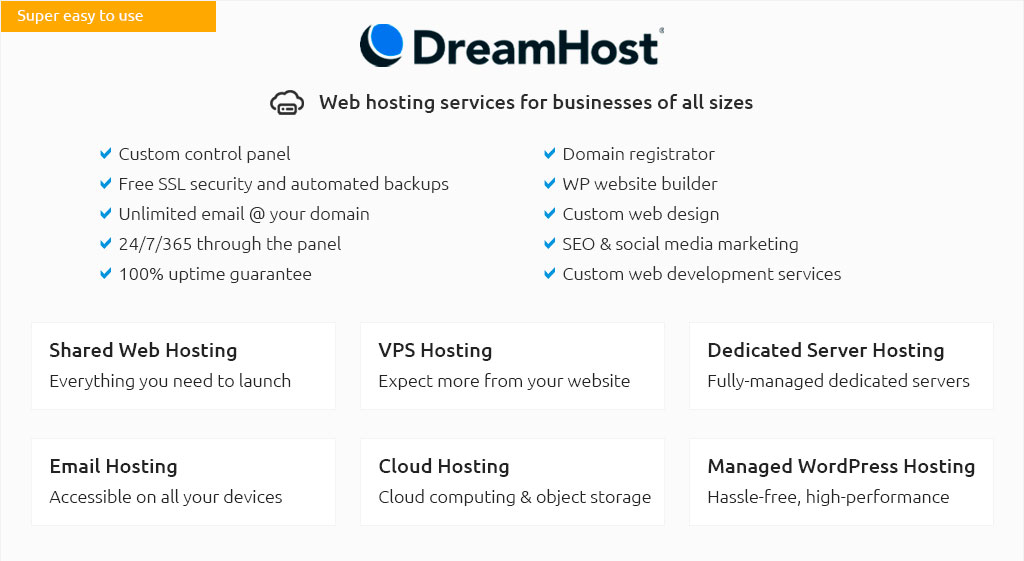 |
|||
 |
 |
 |
|
 |
|
 |
 |
 |
|||
 |
|||
 |
|||
 |
|||
 |
 |
Exploring Ubuntu Dedicated Server Hosting: A Comprehensive AnalysisIn the ever-evolving realm of web hosting, Ubuntu dedicated server hosting stands as a beacon of stability and versatility. As one delves into the intricacies of this hosting solution, it becomes apparent that its popularity is not merely a fleeting trend but a testament to its robust capabilities. Ubuntu, an open-source operating system based on Linux, has long been a favorite among developers and IT professionals. The choice of Ubuntu for dedicated servers is particularly intriguing, offering a rich tapestry of features and benefits that cater to a wide array of hosting needs. One cannot discuss Ubuntu dedicated servers without highlighting their reliability. Unlike shared hosting environments where resources are distributed among multiple users, a dedicated server ensures that all resources are allocated to a single client. This exclusivity results in enhanced performance, as there is no competition for bandwidth or CPU power. Moreover, Ubuntu's lightweight architecture further amplifies this performance, providing a streamlined experience that is hard to match. Another compelling advantage of Ubuntu dedicated server hosting is its customizability. Ubuntu offers a plethora of customization options that allow users to tailor their server environment to specific needs. Whether one requires a simple LAMP stack or a more complex configuration with specialized software, Ubuntu's flexibility accommodates these demands with grace. The vast repository of software packages available for Ubuntu ensures that users have access to the latest tools and updates, facilitating an environment that is both cutting-edge and secure. Security, a paramount concern for any online venture, is where Ubuntu truly shines. With regular updates and a strong community of developers constantly monitoring for vulnerabilities, Ubuntu offers a secure foundation for hosting. The open-source nature of Ubuntu means that users have full transparency regarding the operating system's operations, allowing for enhanced security measures to be implemented. Additionally, the ability to install custom firewalls and intrusion detection systems further fortifies the server against potential threats. However, it is important to address some potential drawbacks of Ubuntu dedicated server hosting. The primary challenge lies in its complexity. For those unfamiliar with Linux-based systems, the learning curve can be steep. While Ubuntu is known for its user-friendly interface compared to other Linux distributions, managing a dedicated server still requires a certain level of expertise. Tasks such as server setup, maintenance, and troubleshooting may necessitate the assistance of a knowledgeable IT professional, which could incur additional costs. Furthermore, while Ubuntu offers great flexibility, this very attribute can also be a double-edged sword. The myriad of customization options available may overwhelm users who prefer a more straightforward hosting solution. In such cases, a managed hosting service might be a more suitable alternative, where technical aspects are handled by the hosting provider, allowing users to focus solely on their business operations. In conclusion, Ubuntu dedicated server hosting presents a compelling choice for those seeking a powerful, reliable, and secure hosting solution. Its strengths lie in its performance, customizability, and security features, making it a favorite among tech-savvy users and businesses with specific hosting requirements. However, potential users should weigh these advantages against the possible challenges of complexity and management overhead. As with any hosting decision, careful consideration of one's technical proficiency and business needs is essential to harness the full potential of what Ubuntu dedicated servers have to offer. https://www.a2hosting.com/ubuntu-hosting/
While Ubuntu has been called Linux for human beings, A2 Hosting is the host for Ubuntu developers. With multiple Ubuntu versions to choose from including v14.04 ... https://us.ovhcloud.com/bare-metal/os/server-ubuntu/
As an open-source project, Ubuntu Server is free to use. We offer this distribution free of charge, and available to download automatically via the OVHcloud ... https://www.digitalocean.com/products/linux-distribution/ubuntu
Get your new Ubuntu server running in seconds. Simply choose the size and location of your Droplet and click create.
|